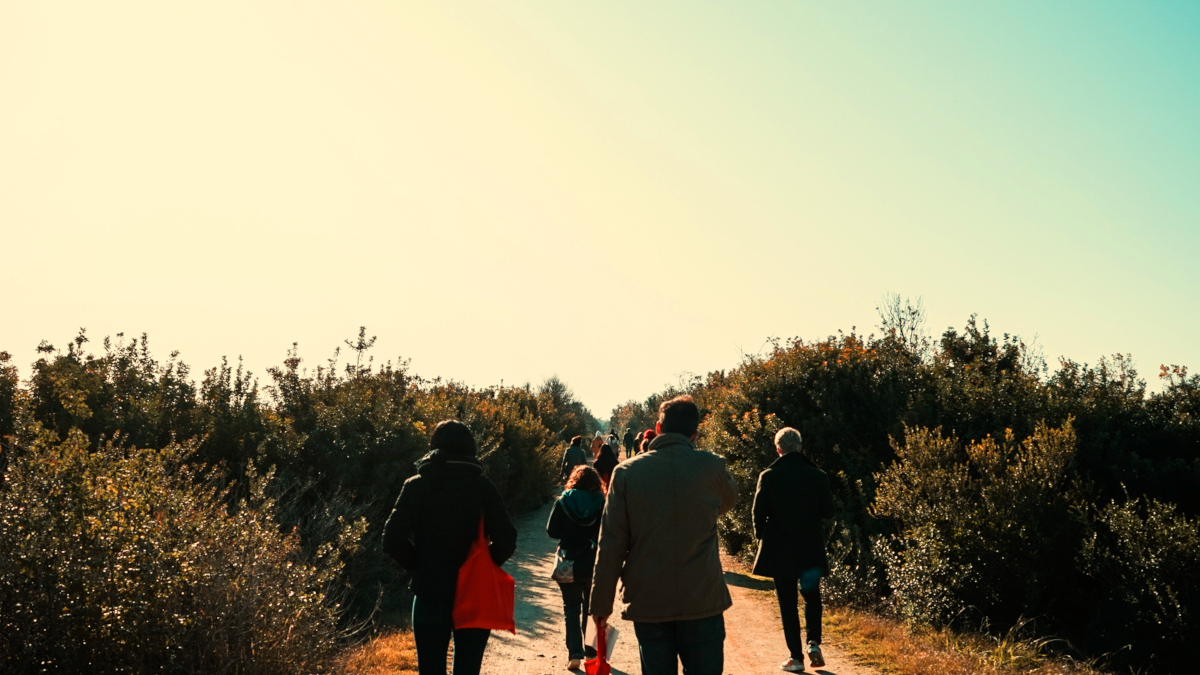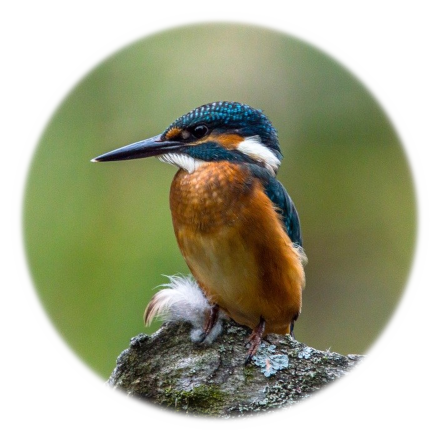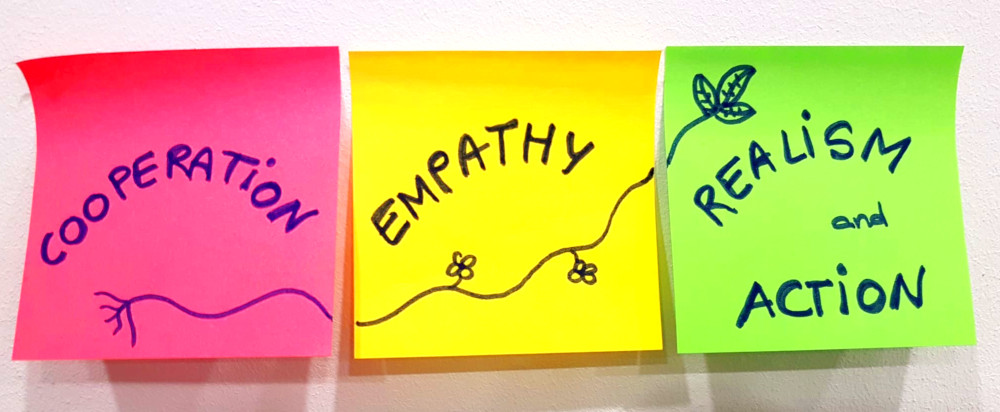
20/11/2019
Imagining the future: MAIA’s Day 2
We have started MAIA’s second day walking trough the Delta del Llobregat natural reserve under a beautiful autumn sky .
Visiting the Llobregat river’s delta
 The Llobregat river’s Delta is formed by several lagoons, pine forests, dunes and beaches that bring biodiversity into a very anthropic landscape. It is located at the confluence of very different urban, agricultural and industrial environments, such as the El Prat international airport.
The Llobregat river’s Delta is formed by several lagoons, pine forests, dunes and beaches that bring biodiversity into a very anthropic landscape. It is located at the confluence of very different urban, agricultural and industrial environments, such as the El Prat international airport.
Es el tercer humedal más importante de Cataluña, con una gran diversidad de especies, y sus espacios naturales forman parte de la Red Natura 2000 como a Zona d’Especial Protecció per a les Aus (ZEPA), ya que es un punto estratégico para las migraciones de las aves. En el otoño, por lo tanto, es especialmente interesante visitar el Delta del Llobregat porque podemos encontrar tanto especies nidificantes como especies que están de paso hacia las áreas donde pasan el invierno.
It is the third most important wetland in Catalonia, with a great diversity of species, and part of the Red Natura 2000 as a Special Protection Zone for Birds (ZEPA), as it is a strategic point for migrating birds. Therefore, during autumn, it is especially interesting to visit the Llobregat Delta as we can find both nesting species and species that are on the move.
During the visit we have been able to observe several species of birds while having the opportunity to have an immersive experience in nature and reflecting on our individual and collective possible futures.
Biomimetics, Governance, Economics, Sustainability, Ethics and Ecology
Then, throughout the day, we participated in talks and debates conducted by several experts:
- Francesco Sottile, researcher at the Biomimetics Science Institute, unveiled the potential of nature to inspire design and innovation to face global challenges. Francesco believes that biomimetics can be a key strategy to achieve the SDGs, since it is a multidisciplinary field with possible applications in engineering, energy, architecture, medicine, art, communication… Learning from nature can help us solve the challenges of humanity.
- Iziar González, architect and expert in citizen governance shared her vision of how the governance paradigm is changing, focusing on cooperation and co-production models. Iziar believes that in order to exist real governance on the part of the citizenship, the whole community needs to share responsibility. According to her we must pursue a system where everyone has the right to exercise their creativity in a relational environment and to carry out transdisciplinary projects to provide diverse and complementary views.
- Humberto Llavador, Economics professsor at the Pompeu Fabra University (UPF) and at the Barcelona Graduate School of Economics (BarcelonaGSE), and researcher at the Institute of Political Economy and Governance (IPEG). Humberto presented the “normative paradigm” needed to establish a framework for action towards the common good and against the climate crisis. According to him, this paradigm is based on three basic questions: What is the objective? What ethical criteria do we take as a reference? Is this that we want to do feasible and viable? He has also talked about the concept of sustainability and about how ecological, economic and social sustainability should guarantee future’s generations rights. For him, it is possible to maintain an average level of economic growth while achieving sustainable model of development. Importantly, for him, the reasons why we are not currently achieving it are not technical or economic but political and ethical.
- Joan Pino, catedrático de ecología de la Universidad Autónoma de Barcelona (UAB) y director del Centre de Recerca Ecològica i Aplicacions Forestals (CREAF). Nos ha hablado de ecología en un mundo cambiante, situándonos en los diferentos aspectos donde podemos poner el foco frente al cambio: en los motores o causas del cambio, las herramientas para medir el cambio y la herramientas para afrontarlo. Desde el CREAF impulsan la ciencia ciudadana como una herramienta eficaz y valiosa de participación ciudadana, sensibilización y medida de los cambios ambientales y biológicos. Joan Pino considera que se debe poner énfasis en el territorio metropolitano, estudiando las consecuencias para la biodiversidad de la crecida exponencial de las ciudades y los consecuentes cambios en los ecosistemas.
Through those very interesting debates on all these issues and the SDGs four essential components have emerged to be able to take effective actions for a paradigm shift that will help us cope with the planetary crisis: cooperation, empathy, realism and the action!

